

2017-08-01 09:40:00 Tue ET
trust perseverance resilience empathy compassion passion purpose vision mission life metaphors seamless integration critical success factors personal finance entrepreneur inspiration grit
In American states, all of the Top 4 richest people are self-made billionaires: Bill Gates in Washington, Warren Buffett in Nebraska, Michael Bloomberg in New York, and Mark Zuckerberg in California. Indeed, all of these billionaires are great fundamental investors too.
Through Berkshire Hathaway, Buffett invests in finance, energy, transportation, technology, retail service, and so forth.
Gates invests in Microsoft, software technology, cloud service provision, as well as philanthropy.
Zuckerberg invests in building Facebook as the world's largest social network with more than 2 billion active users.
Bloomberg invests in financial data delivery and media service with worldwide fame and ubiquity.
This infographic visualization does not include several other famous self-made billionaires, entrepreneurs, financiers, and investors such as Jeff Bezos, Tim Cook, Mark Cuban, and Larry Page.
If any of our AYA Analytica financial health memos (FHM), blog posts, ebooks, newsletters, and notifications etc, or any other form of online content curation, involves potential copyright concerns, please feel free to contact us at service@ayafintech.network so that we can remove relevant content in response to any such request within a reasonable time frame.
2019-07-30 15:33:00 Tuesday ET
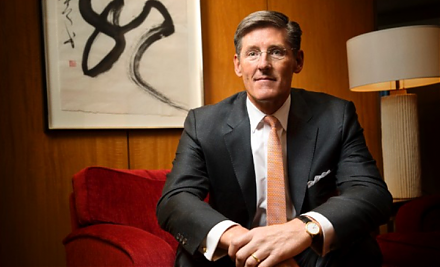
All of the 18 systemically important banks pass the annual Federal Reserve stress tests. Many of the largest lenders announce higher cash payouts to shareho
2019-01-17 10:41:00 Thursday ET
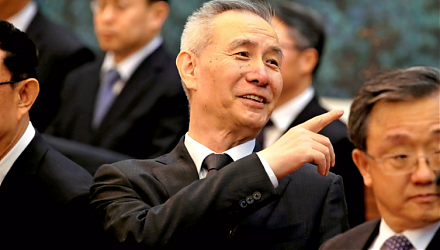
Sino-American trade talks make positive progress over 3 consecutive days as S&P 500 and global stock market indices post 3-day win streaks. Asian and Eu
2019-11-05 07:41:00 Tuesday ET
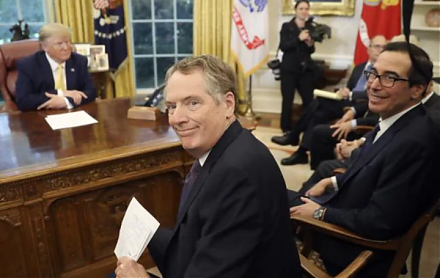
The Trump administration expects to reach an interim partial trade deal with China. This interim partial trade deal represents the first phase of a comprehe
2018-10-17 12:33:00 Wednesday ET
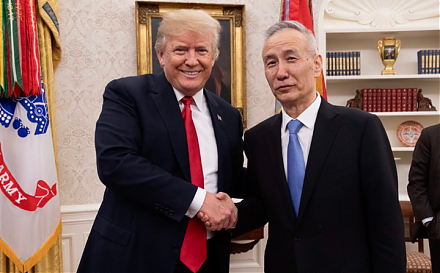
The Trump administration blames China for egregious currency misalignment, but this criticism cannot confirm *currency manipulation* on the part of the Chin
2018-01-10 08:40:00 Wednesday ET
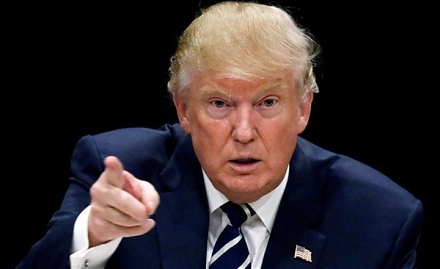
President Trump considers imposing retaliatory economic sanctions on Chinese products and services in direct response to China's theft and infringement
2017-01-03 03:26:00 Tuesday ET
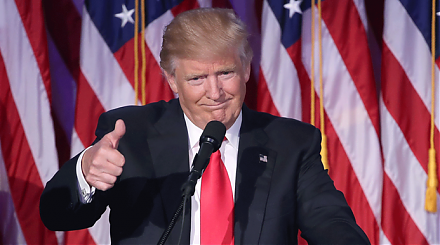
President-Elect Donald Trump wants Apple and its tech peers to consider better and greater high-tech job creation in America. Apple has asked its primary